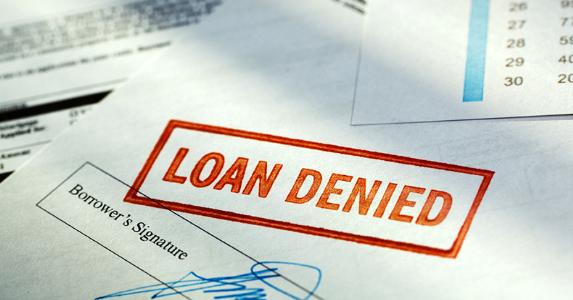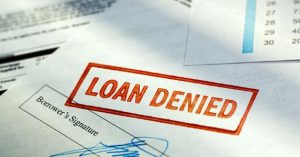
Jun 5, 2017 | Uncategorized

If you are scanning the real estate ads, and attending open houses as a first-time homebuyer, this is probably a very exciting time for you. But it can also be very frustrating. The inventory of homes for sale is on the down slide, while prices continue to rise. Both give sellers the advantage right now, not you, as a first-time homebuyer.
This means it is essential to have your finances in order. Before you become a first-time homebuyer, ask yourself these 3 money-related questions:
What can you afford to buy?
Buying a home may be the most expensive thing you ever purchase. But do you know how much you can afford to spend? A general rule in budgeting includes that housing costs shouldn’t be more than 30% of your pre-tax income. Take time to pull together your monthly expenses, including items like car payments or student loans, groceries, transportation, memberships to the gym, and even spending on nights out. You’ll want to use this list to clarify your financial situation when you apply for a loan to buy your home. You can also get pre-approved for your financing which can help you during the search and offer process of buying your home.
Will there be other costs to buy your home?
The simple answer? Probably. If you choose to make a down payment, it can be the biggest hurdle to purchasing your home. But other costs may include paying for an appraisal, credit report, or notary fee. And once you own the home, you may need cash for movers, new furniture, or other costs like lawn care and utility payments. Unfortunately, many first-time homebuyers underestimate the true costs of owning a home.
Can you afford to renovate a home?
You may be considering a fixer-upper as your first home, which may allow you to buy a bigger home or to purchase in a particular neighborhood. However, there are also risks involved with renovating, which can impact your entire budgeting process. If the home you want needs renovations, factor it into the total cost of buying. But if your home appraises above your purchase price, tapping into your equity will help pay for renovations. There are also some mortgages with renovation expenses already included in the loan.
We can help you understand, and decide on the mortgage which will work best for you as a first-time homebuyer. Contact us today!

May 18, 2017 | Uncategorized

You worked hard to complete the long mortgage loan application process, and while searching for what you hoped could be your perfect place, you found your dream home. You were sure you were all set, but it happened — your home mortgage loan application was declined. Some of it may be explained in your formal rejection letter. But instead of doing nothing about it, now is the time we suggest using a denial to understand why your loan was declined. You can also take proactive steps to make sure your loan is accepted next time.
Typically, there are 4 reasons your home mortgage loan application has been declined:
- Your financial records aren’t accurate
If you believe you’re earning enough to be able to afford your monthly mortgage payment, along with paying all of your bills, you may be surprised to learn how often a loan application packet doesn’t include the current documents needed to verify income and any assets. But you need to know: no up-to-date records provided, most likely, no loan.
Our lending team can look over all of your documents to figure out your income-to-debt ratio, and let you know the mortgage payment amount you can afford. You’ll also be asked to show your tax forms from the last several years.
-
Your credit history is poor
If you have had a past foreclosure, filed for bankruptcy, or have other remarks on your credit report, it is often the first look your lender gets into your financial situation when deciding if you are a risky investment for a home mortgage loan. Many lenders also decline a mortgage loan if your overall credit history is poor, and if your FICO score is low.
We believe many of the corrections can begin by looking at the history of your finances. Our lenders will dig into the information in your credit report to help you understand why your score is low, and how to take steps to correct it.
-
Your down payment is too small
If you could only pull together a low down payment, your lender probably denied your application because the small down payment wasn’t considered a decent investment in your future home. Many lenders believe bigger is better when it comes to getting your home mortgage loan application approved.
Our lenders have insight into many loan programs, including federally-backed mortgage loans that may require a small, or no down payment. Some of these options include loans specifically for a home being purchased by a Veteran, a home that is in Wisconsin, or even a home that is considered rural. No down payment doesn’t necessarily mean, no home loan!
-
Your employment history is inconsistent
If you can’t document regular employment of over the past two years, your home mortgage loan may have been denied. Some loan applications have different requirements, but your lender wanted consistent information showing you held a job and would be able to pay back the money loaned to you.
Our lenders work personally with you to find every possible means to help you get into a home. We’ll tell you what you need, every step of the way, including various ideas to prove your employment by obtaining pay stubs, tax information, and more.
If you have been denied a home mortgage loan, don’t give up. Contact us to find the home loan program that works right for you — and your particular situation. We want to help you make your dreams of owning a home come true.





